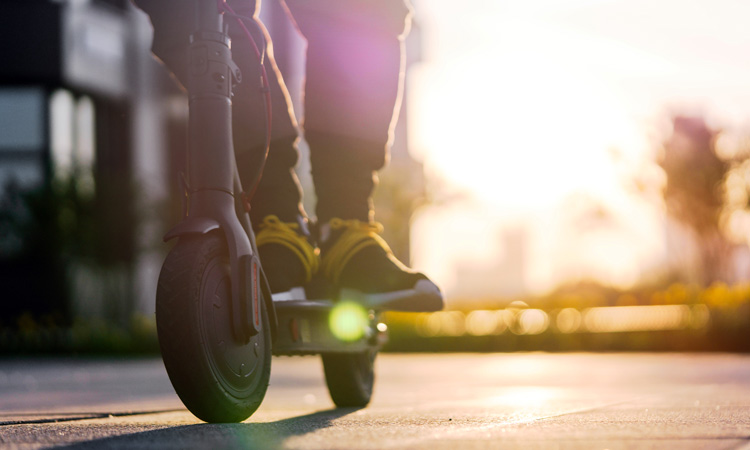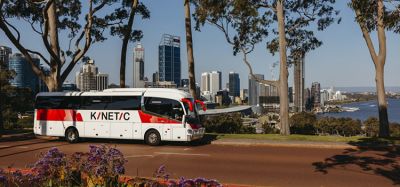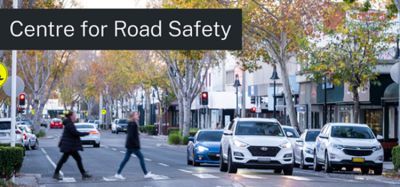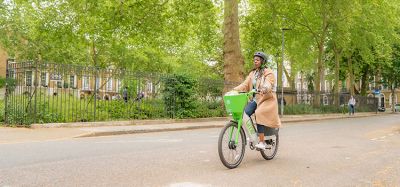Tucson extends e-scooter pilot programme
- Like
- Digg
- Del
- Tumblr
- VKontakte
- Buffer
- Love This
- Odnoklassniki
- Meneame
- Blogger
- Amazon
- Yahoo Mail
- Gmail
- AOL
- Newsvine
- HackerNews
- Evernote
- MySpace
- Mail.ru
- Viadeo
- Line
- Comments
- Yummly
- SMS
- Viber
- Telegram
- Subscribe
- Skype
- Facebook Messenger
- Kakao
- LiveJournal
- Yammer
- Edgar
- Fintel
- Mix
- Instapaper
- Copy Link
Posted: 5 March 2020 | Sam Mehmet (Intelligent Transport)
The City has extended its six-month pilot in order to better understand user behaviour, ridership trends and resident feedback.


The Mayor and Tucson City Council has voted to extend its six-month pilot programme for e-scooters by another six months to get a full year of data and allow time to address parking issues, rider behaviours, and other concerns before deciding whether to make the scooter programme permanent.
The original pilot, which began in September 2019, was scheduled to end on 12 March 2020. Approximately 37,000 individuals used e-scooters in Tucson during the initial five months of operation and as of 12 February 2020, there have been 173,981 trips taken on Bird and Razor scooters.
A third party software provider was contracted to integrate live data feeds from Bird and Razor into a user-friendly platform to help staff monitor compliance with pilot programme regulations, report on ridership and utilisation trends, and visualise e-scooter data.
University of Arizona researchers from the College of Architecture, Planning and Landscape Architecture (CAPLA) assisted with developing surveys for community members, business owners, and e-scooter users, as well as aggregating response data and analysing results. Additionally, CAPLA student volunteers conducted field observations of e-scooter riding and parking behaviour at peak travel times and locations to inform this evaluation, and a findings report was put together.
“The intention of extending the programme would be to better collect biometrics to see how we could expand the usage to other areas of our city,” said Tucson Mayor, Regina Romero, during the council study session. “I am excited about this programme and I want to continue studying it.”
Emily Yetman, the Executive Director of Living Streets Alliance, said: “We know that basically a third of trips people make are under a mile, so there is a really big opportunity to decrease congestion, to improve air quality if we can replace some of those trips with biking and walking or other modes of transportation that don’t use a lot of energy. Scooters seem like a good option.”
Related topics
Mobility Services, Sustainable Urban Transport, Traffic Management, Transport Governance & Policy, Vehicle & Passenger Safety
Related modes
e-scooters
Related cities
Arizona
Related organisations
Bird, Living Streets Alliance, Razor, Tucson City Council, University of Arizona
Related people
Emily Yetman, Regina Romero








